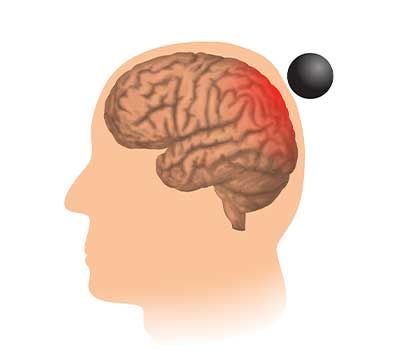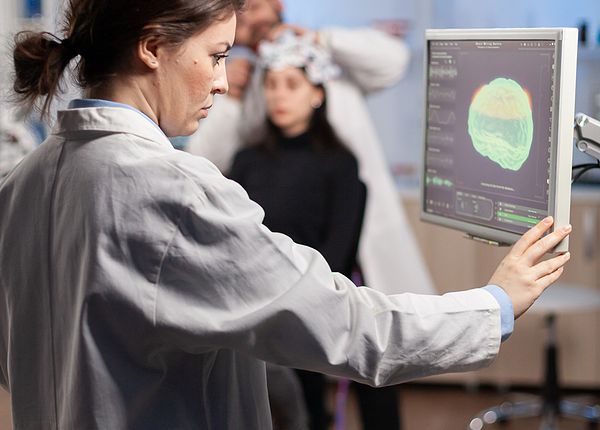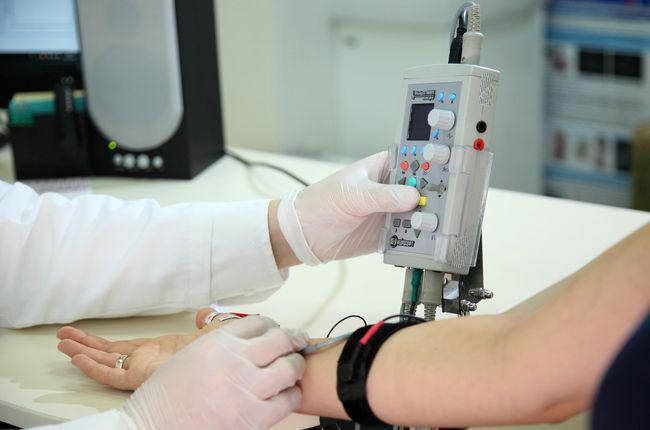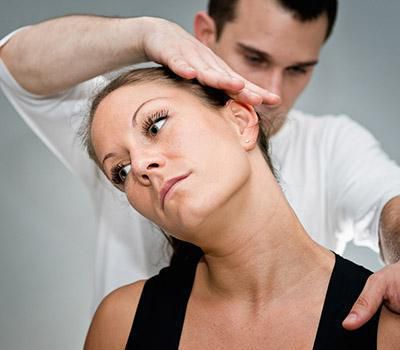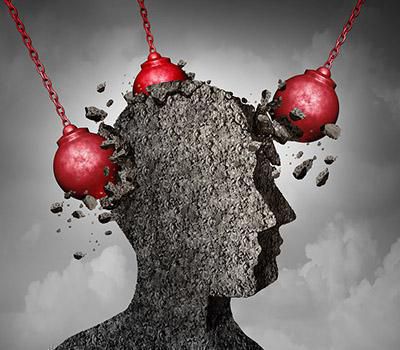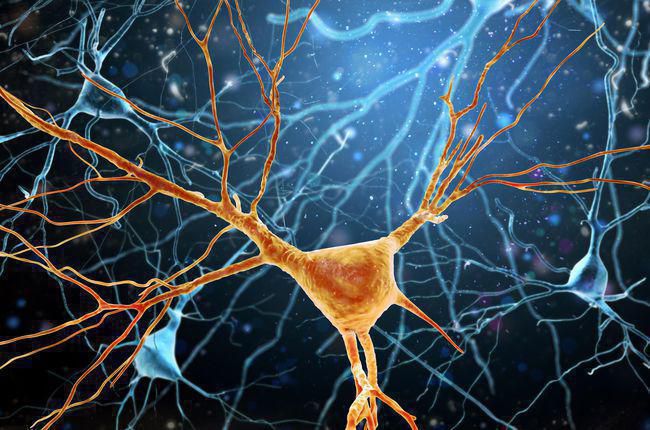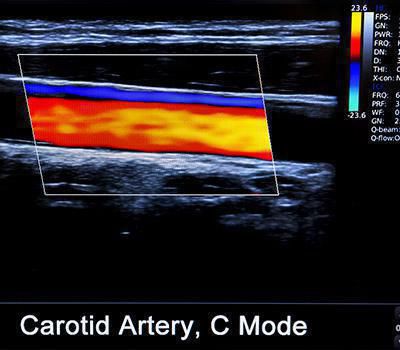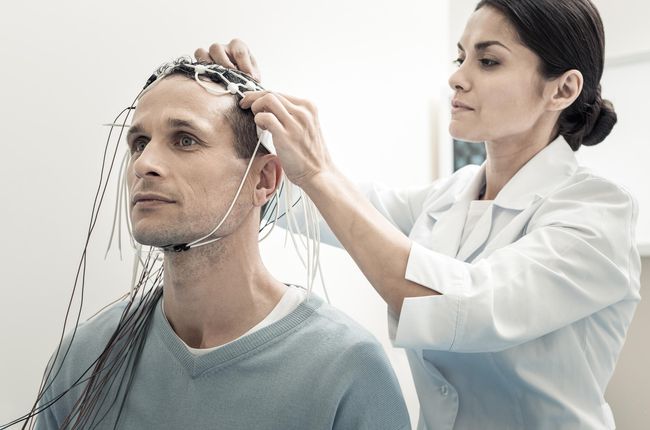Concussion
Concussion is a relatively mild and less serious type of traumatic brain injury. The word “Concussion” is of Latin origin that typically means to shake violently.
Patients who are exposed to contact sports, football and other physical activities are more susceptible to concussion.
What are the causes behind concussion?
The brain is made of thousands of soft tissues cushioned by spinal fluid and encased inside the protective skull. As you experience a concussion, the immediate response results in jolting of your brain. Sudden impacts can be due to a head blow, injury or accident that can lead to bruising, damage the blood vessels, and injure the nerves.
A concussion can result in poor brain function, interrupted vision, loss of equilibrium and unconsciousness.
What are the typical sign and symptoms of a brain concussion?
Concussions are sometimes hard to recognize as symptoms may not show up immediately after the injury. Although the injury maybe visible, a concussion is difficult to determine as signs of the condition would take time to appear.
Common symptoms post a traumatic brain injury include striking headaches, amnesia (temporary loss of memory) and confusion.
Other symptoms are:
- Pressure experienced in the head
- Temporary loss of consciousness
- Confusion
- Amnesia
- Dizziness
- Ringing sensation in the ears
- Nausea
- Difficulty to speak
- Fatigue
- Sensitivity to light and noise
- Difficulty to sleep
- Inability to focus
What are the types of concussions?
Concussion can be classified based on its severity as mild, moderate, or severe.
Mild concussion (grade 1) typically lasts for less than 15 minutes and the patient experiences no loss of consciousness.
Moderate concussion (grade 2) exhibits symptoms that last for more than 15 minutes without loss of consciousness.
Severe concussion (grade 3) results in complete loss of consciousness for more than 15-20 minutes post the injury.
The severity of the concussion can estimate the type of treatment. It is important that the patient seeks immediate medical attention after a head injury or blow.
Preventing concussion
A concussion is common to experience but difficult to prevent, and hence there are several precautions that patients can take up to experience the best of their time involved in activities and at the same time be on the safe side.
- Wearing protective equipment during sports and outdoor activities
- Ensuring to drive safe
- Avoiding situations that involve a fight
- Safeguarding children
- Exercising regularly
- Promoting awareness about concussion
In case you have been experiencing any of the above, visit our practice in San Jose for further assistance with your condition. Call us today to request an appointment at (669) 235-4188.

